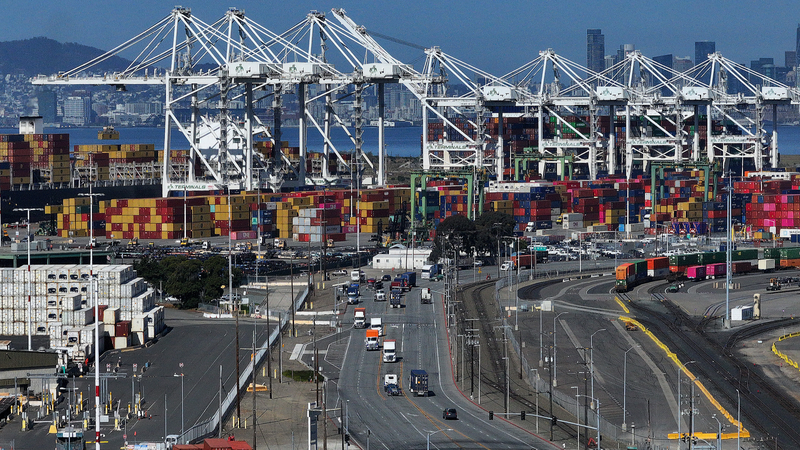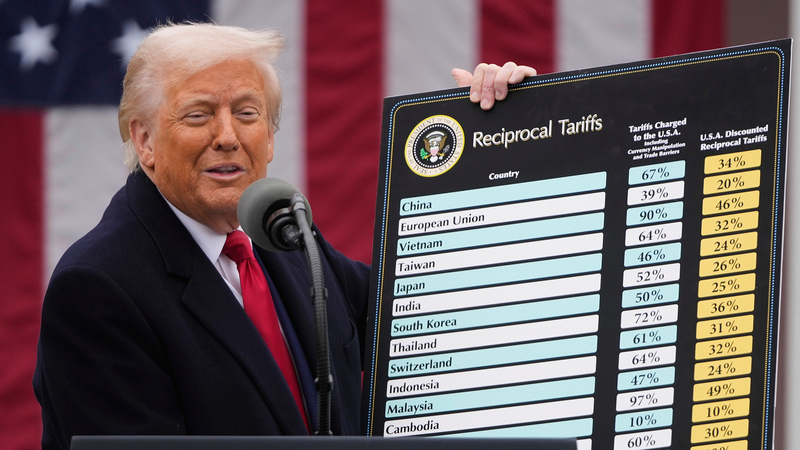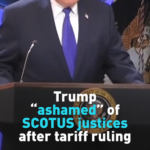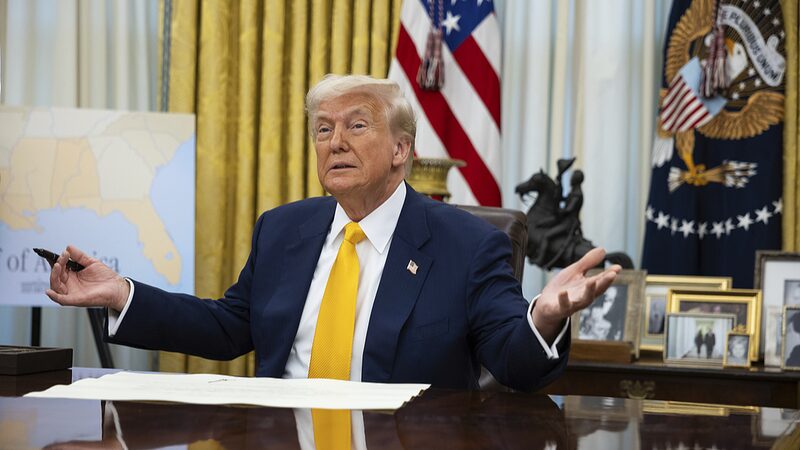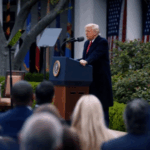States Argue Presidential Overreach in Trade Policy
Twelve U.S. states have escalated a legal challenge against former President Donald Trump's controversial tariffs, accusing him of misusing emergency powers to impose sweeping import taxes. The lawsuit, heard by a federal court in Manhattan, centers on whether Trump exceeded authority under the International Emergency Economic Powers Act (IEEPA) by declaring a national emergency to justify tariffs on trade partners.
Legal Showdown Over Presidential Power
Attorneys representing the states argued that Trump treated IEEPA as a 'blank check' to regulate trade without congressional oversight. Oregon's legal counsel Brian Marshall emphasized the law is intended for 'unusual and extraordinary' threats, not as leverage for trade negotiations. The Justice Department countered that tariffs are a valid tool under IEEPA to pressure foreign governments, with attorney Brett Shumate stating they provide 'the leverage the president needs.'
Judicial Scrutiny of Trade Authority
A three-judge panel grilled both sides on constitutional boundaries, questioning whether courts can review presidential actions tied to declared emergencies. Judge Jane Restani challenged the administration's claim of unchecked authority, while Judge Gary Katzmann raised concerns about judicial interference in foreign policy matters. The court's decision, expected within weeks, could set precedents for presidential trade powers.
Broader Implications for Global Trade
This case is among seven ongoing challenges to Trump-era tariffs, reflecting deepening debates over executive authority in trade policy. Analysts suggest the outcome could influence future administrations' approaches to international economic disputes, particularly with Asian trade partners critical to U.S. supply chains. The ruling may also impact businesses and investors navigating cross-border trade regulations.
Reference(s):
12 U.S. states decry Trump's 'blank check' tariffs in lawsuit
cgtn.com
